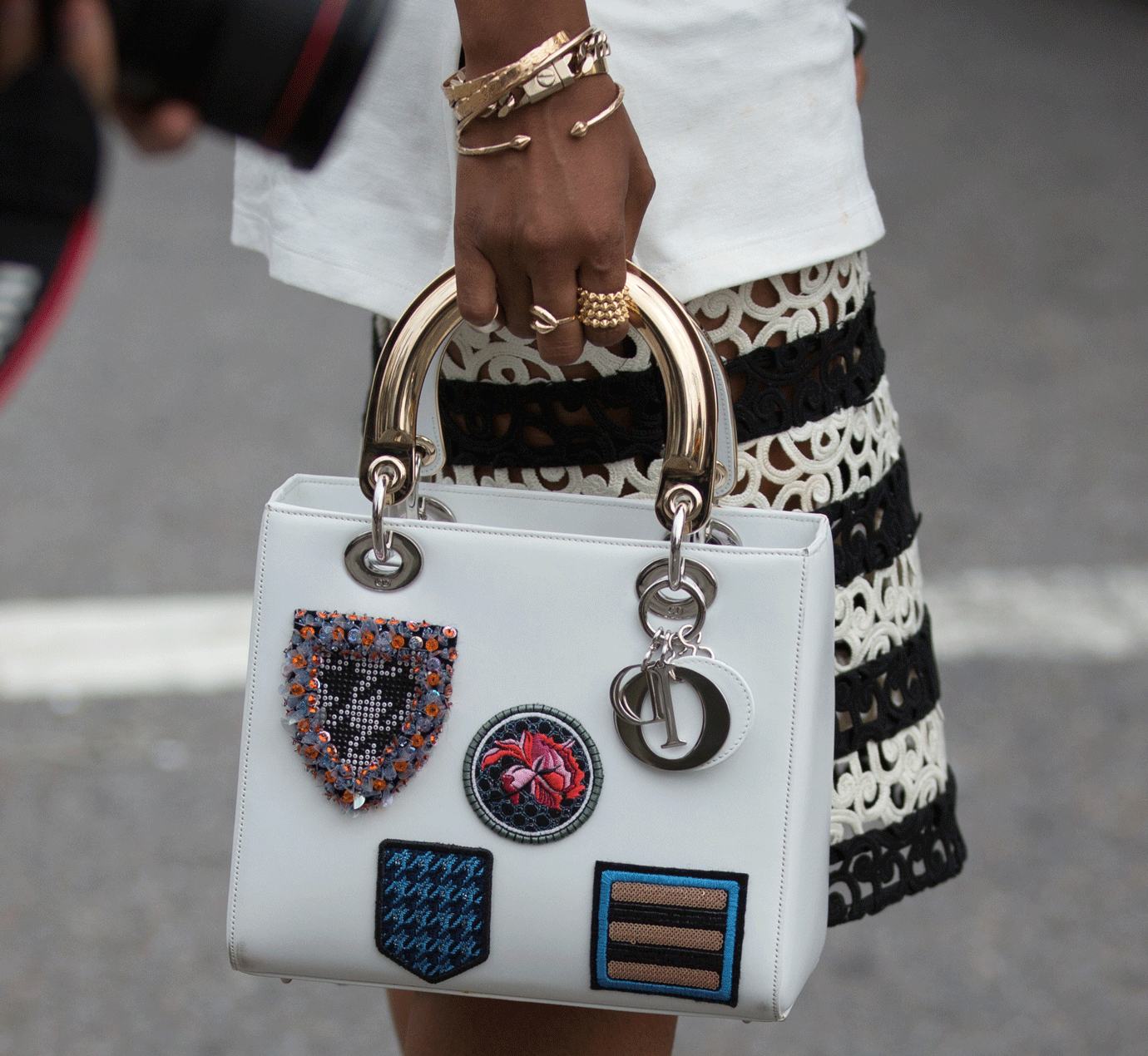Those who have strolled through the lively lanes of Karama Market in Dubai know it’s a shopper’s paradise with all sorts of cool stuff. But there’s a catch: some stalls sell items that look just like top-brand products but at a fraction of the price. Yep, knockoffs.
Now, let’s think of this market shifting online. The fun of browsing becomes clicking through pages. The deals are still there, but how do you know what’s real and what’s not? That could be a bigger headache for big brands. When shopping at the Karama Market Dubai Online, spotting a fake could be trickier.
By collaborating with local Dubai authorities, global brands can significantly impact places like the Karama Market. By ensuring that the experience of shopping online in Karama Market Dubai is free from counterfeit products, brands can uphold the reputation and integrity of both the market and their products. Such an initiative would protect the market’s charm and safeguard consumers from counterfeit purchases.
Join us as we explore the measures these brands could employ to ensure that their iconic designs remain untarnished in an age where counterfeits are just a click away.
Intellectual Property Rights (IPR) in the UAE
Intellectual Property Rights (IPR) are pivotal in fostering innovation and creativity in the UAE. The UAE recognizes the importance of IPR and has enacted robust laws and regulations to safeguard the rights of brands, inventors, and creators.
Several federal laws and international treaties form the foundation of IPR in the UAE. Key among these are Federal Law No. 37 of 1992 on Trademarks, Federal Law No. 17 of 2002 on Copyright, and Federal Law No. 31 of 2006 on Industrial Design Certificates. These laws lay down the framework for registering, protecting, and enforcing intellectual property rights in the country.
Additionally, the UAE is a signatory to international conventions, including the Paris and Berne Conventions for intellectual property protection. Being a part of these conventions means that the UAE commits to upholding international standards in IP protection.
For brands facing the challenge of counterfeiting in online replica markets of Dubai, IPR offers a comprehensive legal groundwork. Under these laws, brands can legally act against counterfeiters, protecting their rights and reputation from compromise. That also acts as a deterrent for those looking to exploit or misuse brands’ intellectual property.
Collaborative Actions with Local Authorities
The ever-growing allure of Karama Market in Dubai, with its rich blend of genuine and, unfortunately, not-so-genuine products, presents brands with a unique set of challenges. But instead of seeing this as a setback, brands can view it as a call to action. Collaborating with local authorities can prove effective, as it helps eliminate counterfeits, ensuring authentic products for consumers.
Dubai, with its strict regulations and commitment to a reputable business environment, welcomes brands to collaborate closely with law enforcement. This partnership could revolutionize how counterfeits are handled, both in physical markets and the looming shadow of Dubai’s online replica market.
Training programs designed specifically for law enforcement officers are a potential initiative to consider. Brands could share their insights, helping these officers differentiate between an authentic product and a crafty knock-off. Imagine a scenario where an officer, armed with the knowledge provided by the brands themselves, patrols the digital corridors of Karama Market Dubai’s Online marketplace. Their trained eye can swiftly spot discrepancies, preventing counterfeit products from causing any damage to the brand or the customer
Such collaborative efforts not only serve to protect the brand’s integrity but also fortify Dubai’s reputation as a shopping destination where consumers can shop with confidence, be it offline or online.
Raising Awareness Among Consumers
Empowering consumers with knowledge is one of the most effective strategies brands can employ against spreading counterfeit goods. In this battle against counterfeits, informed consumers lead the way, altering market dynamics from local city spots to online replica markets in Dubai and across the globe.
In today’s digital age, brands have unprecedented access to consumers via social media and other online platforms, providing a golden opportunity to educate them about their products’ intrinsic quality, craftsmanship, and heritage. Utilizing platforms like Instagram, YouTube, and TikTok allows brands to visually showcase the superior quality and unique features of genuine products, subtly guiding consumers toward making authentic purchases and steering clear of replica markets.
Collaboration with influencers and brand ambassadors is another practical approach. Brands can align with individuals who share their values, leveraging their reach to spread information about the authenticity and uniqueness of their products. Influencers, with their large followings and impactful content, can illustrate the stark differences between genuine items and counterfeits, thus emphasizing the tangible and intangible benefits of opting for the real deal.
This multifaceted approach to consumer education not only safeguards brand reputation but also enriches the consumer’s shopping experience by instilling confidence in their purchases, whether they are navigating the diverse offerings of Karama Market or browsing online.
Collaborating with E-commerce Platforms
As e-commerce continues its upward trajectory, brands face the ever-growing challenge of counterfeit goods online. While physical markets like Karama remain a concern, the online realm presents unique obstacles. Brands can combat this by strengthening their alliances with major e-commerce platforms.
Brands can combat counterfeit goods by implementing a multi-layered verification system in partnership with e-commerce giants. That can ensure that only sellers authorized by the brand list genuine products. Immediate verifications can be triggered if a product’s description or imagery looks similar to the offerings one might associate with the Online Karama Market in Dubai.
Furthermore, there should be stringent measures to denylist and penalize sellers who sell counterfeit goods. With advanced algorithms and machine learning, platforms can vigilantly monitor listing patterns, customer reviews, and other indicators to identify and eliminate counterfeit sellers swiftly.
In this digital age, where shopping from the comfort of one’s home is increasingly becoming the norm, it is paramount for brands to ensure that the online shopping experience is devoid of counterfeits, thus safeguarding their brand image and fostering trust with their customers.
Technological Solutions
In an era where technology dominates, utilizing advanced solutions is key to establishing a genuine and counterfeit-free marketplace. By employing smart technological strategies, brands can significantly diminish the prevalence of fake products, ensuring that customers receive only the authentic items they desire.
QR Codes: Recognizable and user-friendly, QR codes are more than just digital barcodes. Brands can embed unique QR codes on their products, offering a dual advantage. First, when scanned, these codes lead consumers to a dedicated webpage that verifies the product’s authenticity. Second, they enhance brand engagement, forging a deeper connection with consumers post-purchase, ensuring they are not lured by counterfeits in places like the Dubai replica market online.
Holographic Labels: There’s a reason why these shiny, intricate labels have been adopted by some industries, from luxury fashion to high-end electronics. The sheer complexity of holographic designs makes them a daunting task for counterfeiters to replicate, instilling confidence in consumers whenever they spot that shimmer.
Tamper-Evident Packaging: Nothing is as reassuring as unboxing a new purchase and knowing it’s untouched. If tampered with, packaging that showcases visible disruption can be a formidable deterrent for those looking to introduce counterfeit items.
Mobile Authentication Apps: The modern consumer rarely has a smartphone, and brands can capitalize on this. By developing or partnering with mobile applications, brands allow consumers to verify a product’s genuineness swiftly. Whether through a serial number, a photo match, or unique identifiers, these apps act as gatekeepers, ensuring consumers receive genuine articles every time they purchase.
Final Thoughts
Protecting a brand’s image in today’s digital world isn’t just a company’s to-do—it’s a promise to all of us who believe in what the brand stands for. Sure, marketplaces like Dubai replica market online have a strong and dynamic presence, but they also remind us to watch for those sneaky counterfeits. When brands double down on making sure what you buy is the real deal, it’s not just about saving their skin. It’s about making our shopping sprees better. Win-win, right? Brands shine brighter, and we shop with the peace of mind that we’re getting genuine goods. Standing by authenticity isn’t just smart—it’s about valuing the trust and special connection between brands and us, the shoppers.













4 Comments